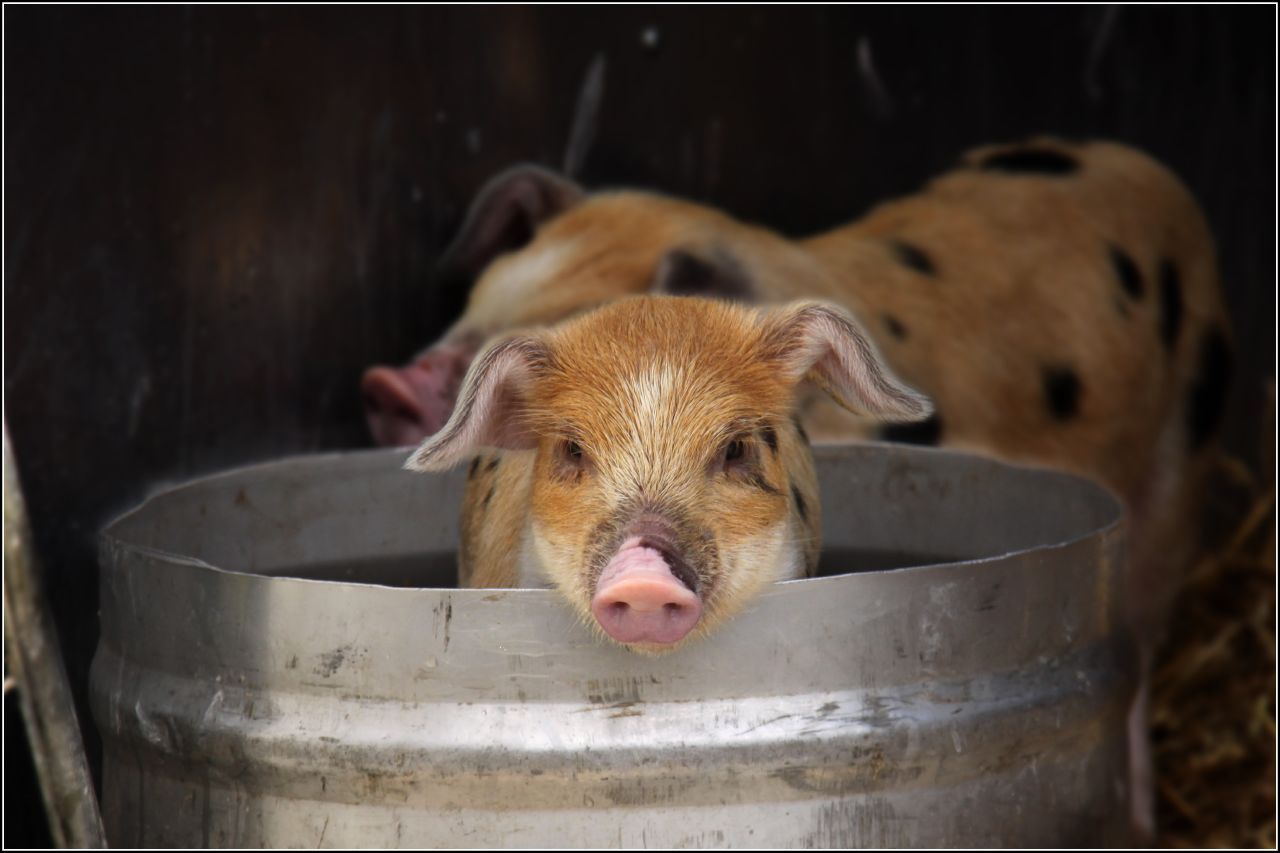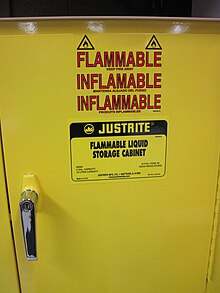But something I do like to talk about are words. I'm not sure why, but words are very interesting to me, and so I've decided to revive this otherwise decaying, silly-named, and probably quite ugly blog, with a fascinating editorial on the wonder of auto-antonyms.
You might remember antonyms from primary school, or possibly early secondary school, or maybe any other source because who am I to tell you where you remember something from? If you're not aware of them though, they are words that are the opposite of another word. 'Hot' is the antonym of 'Cold'. 'Ugly' is the antonym of 'Beautiful' and so on. Of course, you might also be aware that the prefix 'auto' refers to the self, making an 'auto-antonym' a word that is the opposite of itself.
 |
| I feel like the Yin and Yang are a good metaphor for auto-antonyms. At the very least, it's symbolic in a way that makes me appear more profound, and that's probably a good thing. |
While the English language is incredibly contradictory, I find that nothing more encapsulates the sheer breadth and pointlessness of it all than a word which can single-handedly contradict itself. (Of course, other languages have their own auto-antonyms, but my knowledge of those extends only to the wikipedia entries for them, so I'm not going to focus on those.)
'Cleave' is, for whatever reason, always the example that pops into my head first when I'm trying to explain the concept of an auto-antonym, despite being a generally poor example due to being an uncommon word in the first place, coupled with it's secondary definition being used even less frequently. Put simply, 'to cleave' something can mean to cut it in two, which I'm sure most people are aware of, but it can also mean to attach two things together. This makes 'cleave' an auto-antonym, as splitting something into two and combining two things into one are clearly opposites of one another, it's just a shame that the second definition of the word is so often relegated to being used in a literary context, with fanatics cleaving to beliefs, or tongues cleaving to mouths.
'Fast' is likely an easier to understand example, with it being used to either mean 'moving quickly' or, a little less commonly, 'fixed in place' as in "holding fast" (or perhaps, to complicate things further "cleaving fast"). Moving quickly is very clearly contradictory to not moving at all, so what would I mean if I were to say, "Jack was fast against the wind"? It doesn't really matter, because that sentence is completely out of context, and when it comes to auto-antonyms context is key.
The reason that very few people care about, or are even aware of, auto-antonyms is because though they are often words that we use everyday, they very rarely cause us actual issues. When we're talking about the local butcher's we rarely stop to think if what Peter actually meant was that the butcher was using his incredibly sharp knife to attach pieces of the pig back together.
 |
| This is a pig in a bucket. Hopefully it makes the article look more interesting by being cute. |
However, one word which I must begrudgingly admit is an auto-antonym is 'literally', a word that is the source of constant confusion due to its overuse. The Oxford English Dictionary now lists 'literally' as either meaning 'exactly true' or 'emphasised, but not actually true'. It's almost upsetting to think that when someone uses the word 'literally' to emphasise something, they're technically still using the word correctly, but hey, that's the evolution of language.
To finish, let's go for a word that could actually cause some confusion. 'Inflammable' is a common enough word that is commonly enough believed to mean 'incapable of burning'. This makes perfect sense, 'flammable' refers to something that can be set alight, and the prefix 'in-' tends to denote the opposite of something. However, this meaning is, conventionally, incorrect. The prefix 'in-' here is actually from the word 'inflame', meaning that 'inflammable' actually means 'something that can be inflamed', the exact opposite of what we would think it to mean! As William Strunk and E.B. White note in their 1979 style guide 'The Elements of Style' "some people are thrown off by the in- and think inflammable means "not combustible." For this reason, trucks carrying gasoline or explosives are now marked FLAMMABLE. Unless you are operating such a truck and hence are concerned with the safety of children and illiterates, use inflammable."
Perhaps Strunk and White are too harsh in their assessment of those who are unaware of the 'true' meaning of 'inflammable', but here they've very handily pointed out one reason why you should maybe care about auto-antonyms. Personally, I just like them as an oddity of language, To close this far too long editorial on words that nobody really cares about, here's a list of auto-antonyms for you to think about, or not, I'm not the boss of you.
Dust, Clip, Left, Trim, Pretty, Quite, Seed, Off.
I'd also love to hear from you if you have any more auto-antonyms to add to the list; mine is by no means comprehensive. Thanks for your time if you've read this far, and I'll be back soon to talk about something else, probably something a bit less niche.

No comments:
Post a Comment